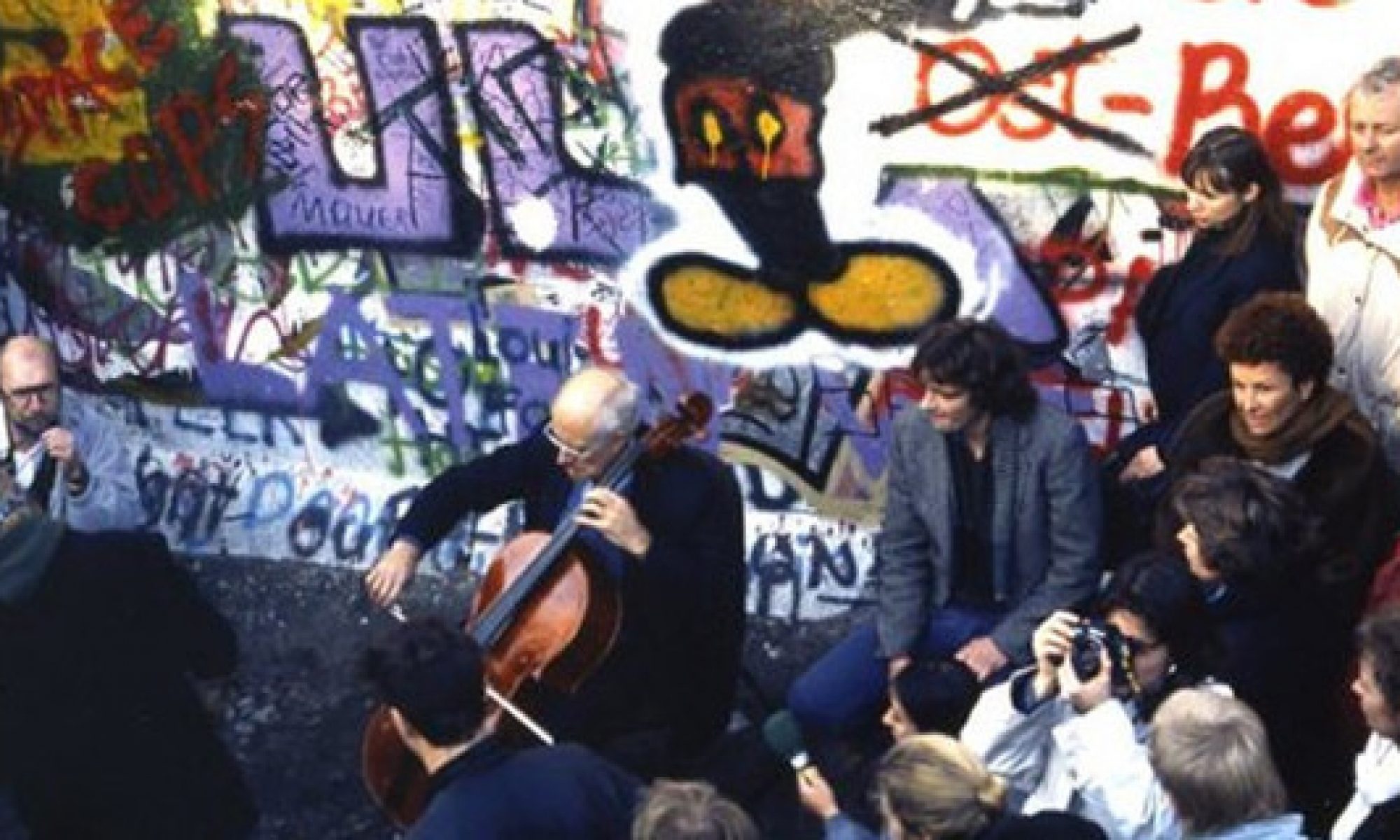Early in the reading, Buchanan refers to the “oppositional constructs at work” throughout Europe from the most basic level such as industrial vs. rural, to “West vs. East,” “socialist/communist vs. democratic,” and more (8). However, while the divides can be seen in Europe as a whole when comparing country to country, Buchanan points out how these “dichotomies” are at work in Bulgaria and are “abstractions” that citizens are working through. Given Bulgaria’s history and transition from a 43 year long Communist government into a democratic member of the European Union, these contradictions are reflected not only in the people but in the music.
The Bulgarian Women’s Choir, as described by its conductor in the interview, sings contemporary arrangements of medieval music. The first choir was said to be assembled by a famous Bulgarian conductor in the 1950’s in which women auditioned from villages around the country. Today, the coloring of their traditional clothing is symbolic of Bulgarian history of the villages they are from. Their voices are reflective of the traditional singing style of Bulgaria – there are six vocal ranges presented in the group, the voices are natural, and the way they sing is different than that of a Western style. Yet, in the first video, we hear them end with Oh! Susanna blending their traditional Bulgarian style of singing with a Western song.
Throughout the interview, we see the conductor’s desire to share with others their history, traditions, and style of music. She displayed her knowledge and was gracious for the invitation. However, at the end of the interview, the men repeatedly congratulate each other on their discovery (of music that has existed in Bulgaria since medieval times) and the risk they took in bringing the choir to the United States rather than congratulating the women on their success and risk they took.
- Did you notice the difference between their guttural singing style and the open-mouth style of Western singing?
- What other differences did you notice between traditional
- Do you think the choir is effectively blending the contemporary with the traditional music?
- How has Bulgaria’s communist history affected the existence and style of groups like the Bulgarian Women’s Choir?
- How has Bulgaria’s transition from communism to democracy changed the music and the culture of the people? Do we see any Western influence?
- Why did the men describe each other as having “courage” or taking a “risk” by bringing the choir to perform?
- In what way do the attitudes of the woman interview contrast with the attitudes of the men?
- Given the class topic is breaking barriers, how do you feel these women are challenging gender norms?
- With the time period, why do you think the choir was all women?
- How would the choir have been perceived differently if they had not all been women?
(so sorry this is late, my computer decided to update for the past hour!)

